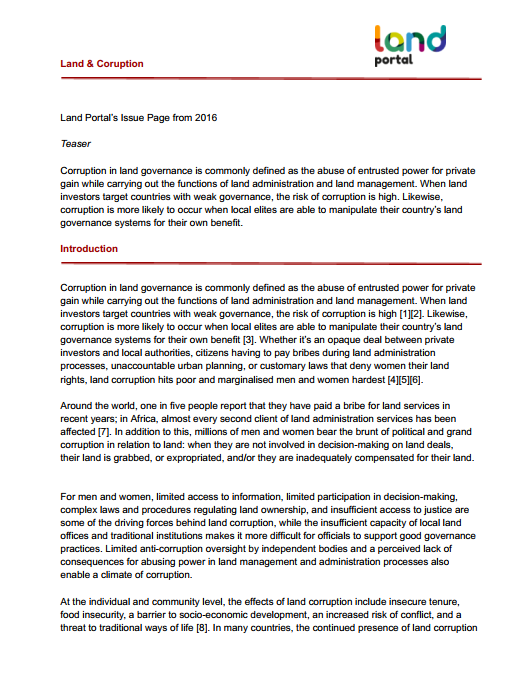FORCEFUL EVICTIONS: AN INTERSECTION BETWEEN CORRUPTION, LAND AND HUMAN RIGHTS
Forced evictions violate a number of internationally and nationally recognized human rights. However, it directly translates to a denial of the right to adequate housing which forms the very foundational basis for the realization of other rights. In the long run, it affects people’s social and economic livelihoods. However, forced evictions remain a practice that is majorly carried out in urban centers in Kenya.



